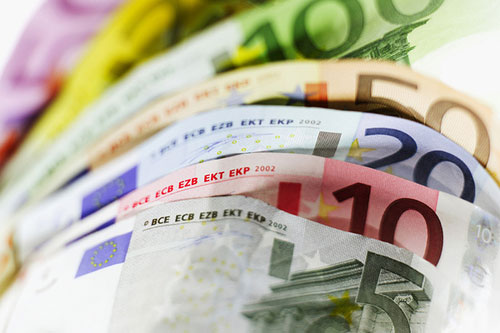
Economy introduction
As a full member of the European Union, Cyprus is successfully meeting the challenge of being part of the enlarged European family. The island’s economy is characterised by robustness and macroeconomic stability, which is evidenced by the favourable evaluations and comments of the European Commission, the International Monetary Fund and other international organisations.
During the period 2000-2005, real GDP grew by an average of 3,6% per annum, which compares favourably with the EU average. This was accomplished in an environment of full employment conditions, low inflation and a stable and strong currency. In 2005 Cyprus’s per capita GDP reached about 83% of the EU-25 average. In addition, it should be pointed out that important structural reforms within the context of the Lisbon Strategy are in progress in order to further modernise and liberalise its market-oriented economy, with a view to enhancing its international competitiveness and EU compatibility. These structural reforms, together with macroeconomic stability, provide a strong foundation for the successful participation of the island in the eurozone by 1 January 2008.
Money Advices
- Don’t take only one form of money with you – take a mixture of cash and travellers’ cheques.
- Don’t keep your credit cards, money, passport and travellers’ cheques together in one place in case you lose them or they are stolen.
- Leave a credit card at home with your family or friends in case of an emergency.
- Leave details of travellers cheques with your family or friends in case you lose your own.
- Due to EU legislation designed to clamp down on illegal money transfers or transfer to terrorists, Money Transfer Companies now require to see photographic ID. If required the Embassy or High Commission can provide a letter acceptable to the Money Transfer Companies but this will attract a fee and an additional fee for out-of-hours callout.
Major Banks
- Bank of Cyprus – www.bankofcyprus.com
- Popular Bank (Laiki Bank) – www.laiki.com
- Alpha Bank – www.alphabank.com.cy
- National Bank of Greece (Cyprus) – www.ethniki.gr
- Hellenic Bank – www.hellenicbank.com
- Arab Bank – www.arabbank.com.cy
- Universal saving Bank – www.usb.com.cy
- Jordan Ahli Bank – www.ahli.com/cyprus_default.shtm



